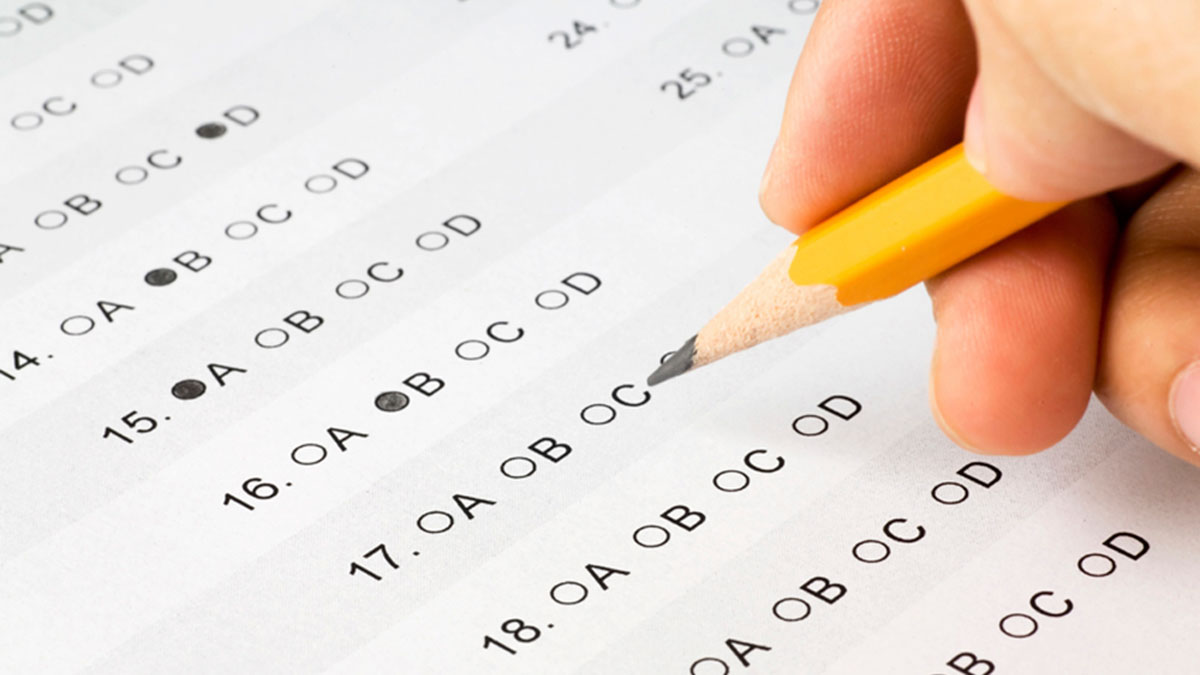 Supplied – Alberto G
Supplied – Alberto GGetting exams back has always been a moment of truth that evaluates what you really know and how you’re going to fare in the remainder of the course.
But what kind of truth is it to look at your exam and see 30 per cent docked for a minor error, six per cent removed for not answering an unstated question, and 12 per cent deducted for not knowing about something your professor mentioned once in your eight o’clock lecture and never actually explained?
The list of examples is virtually endless, and it all culminates into one single flaw in the grading system: a misapprehension about what marks are actually for. It feels like too many professors feel shackled by some statistical overlord and resort to cheap tricks to lower or unfairly raise marks on exams, like testing on irrelevant material and marking more harshly than necessary.
The talk about students’ exam grades fitting some arbitrary curve and aiming for an average that the faculty mandates is something that occurs in almost every class. These marks and curves and averages all seem to forget one crucial thing: courses exist to teach material.
By proxy then, the end goal of exams is to evaluate how much of the course material a student has actually learned. This thinking makes some professors’ marking systems so absurd that it is almost laughable, except for the fact that it’s your mark that suffers.
Was that one mistake actually representative of a third of the course material? Was that one throwaway comment actually a tenth of the course? Worst of all, was learning to read your professor’s mind even taught for six per cent of the lecture time, let alone part of the course?
This prompts the questions: What are our marks actually worth? What purpose do they serve? And what are these “evaluations” actually meant to evaluate? It makes the purpose of courses seem to evaporate into thin air along with any value doing well in them actually has. It’s no wonder, then, that grades don’t seem to correlate to actual knowledge, when they more often than not are not marked in a way that facilitates gaining actual knowledge.
This method of marking that isn’t related to course material and that isn’t straightforward and transparent only harms students, both in school and out. While a bad mark on an exam may not be that big of a deal in the scope of an undergraduate degree, it has a further-reaching effect on the reputation of our university and the degrees that it hands out. If marks aren’t representative of knowledge, then the value of the degrees and transcripts with which we come out of university and try to start careers is either totally lost or shrouded in confusion.
Thinking big picture or small picture, unfair marking practices that are totally disconnected from the purpose of schooling — to gain knowledge — don’t make sense and should be changed. So, here’s a thanks to all the professors who mark based on logic. To those who don’t, remember that nobody can read your minds.




